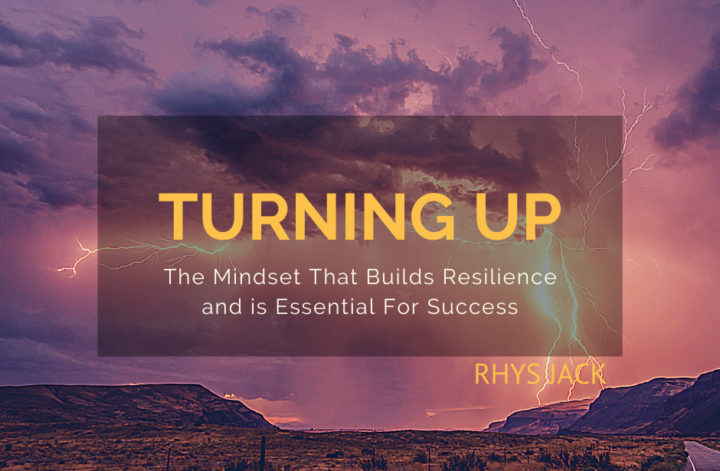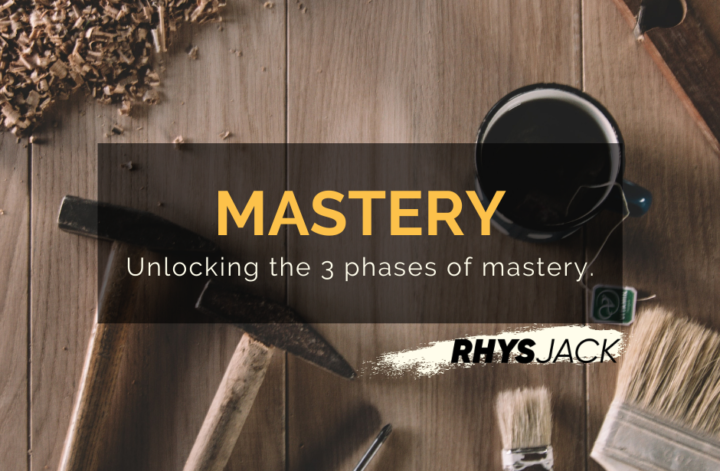Want to learn how to stop overthinking? If you’re reading this article there’s a good chance that like me, you’ve noticed you think a lot.
There’s nothing wrong with thinking, it helps us to plan, get things done and make important decisions in every area of our lives. It’s important to think, but sometimes our mind can get stuck on a topic or thought or issue and no matter how much we try to plan or think it over, it doesn’t resolve the issue we are dealing with. In fact, it can make things worse.
There have been times in my life when overthinking like this takes up space in my head and thoughts about an event or a situation begin to become the main focus of my day.
When you stay in that headspace for too long, the mind becomes clouded by these thoughts, and other areas of life start to become impacted as your mind dedicates its energy to this repetitive, ongoing thinking.
We perform better in all areas of life when our minds are clear, not clouded from overthinking.
I compare thinking to going to the gym. If you want to be at your best physically you need to dedicate time to be there, to put in the reps, and slowly over time, your results will show. But if you’re at the gym 18 hours a day seven days a week there comes a point where you’re not doing yourself any good. Your muscles are tired, your technique suffers and you won’t have the enthusiasm to be in there anymore.
Eventually, it becomes a burden that doesn’t help you achieve your fitness goals at all because you’ve overdone it.
Thinking is the same, and overusing our brains can make us ineffective fairly quickly.
Whenever I feel a loss of focus, a lack of enthusiasm or a drop in the quality of what I’m doing, there’s a good chance something is weighing on my mind, and I’m overthinking it. At that point, there are a few questions I start to ask to stop that overthinking process from taking hold:
What Outcome am I Trying to Achieve by Overthinking About This?
In order to stop overthinking, you need to know what you are thinking about, and why. What is it exactly that your mind is trying to get to the bottom of?
We generally think about things because we want to change our state, it could be that we want to achieve a goal, want a person or group to do something, want a job or a breakthrough to happen or not happen.
If we know what it is we want, that’s the first step to understanding why we are dedicating so much energy to it.
Watching your mind is a common technique used in mindfulness training and the first step toward slowing down your thought process before it becomes harmful.
Can I Actually Control the Outcome of this Situation by Overthinking?
If you know what it is we are trying to achieve by thinking, next look at what you can control in that situation. Can you actually control any part of the situation? What other elements are at play, and what is out of your control?
In reality, the only thing we can actually control are our own actions. We can’t control time, events that happened in the past or how things will unfold in the future, we can’t control things like the weather or gravity and we certainly can’t control what other people decide to do.
The only thing we can control is the action we take right here and now. Which brings me to point number 3.
At this Exact Moment, What is the Problem to be Solved, and What Action Can Be Taken?
When you realise that you can’t control the past, and you can’t control anything else but your own actions here and now, then you will begin to realise an important point. the only thing we control is the way we respond at this very moment.
Overthinking about what happened in the past, or what could happen in a week or a month or a year takes your energy away from that.
We can put plans in place, but beyond that, we can only respond in each moment with whatever action needs to be taken. If no action needs to be taken, why spend any additional time thinking or worrying?
This is what Eckhart Tolle talks about in the Power of Now as surrendering.
To some people, surrender may have negative connotations, implying defeat, giving up, failing to rise to the challenges of life, becoming lethargic, and so on. True surrender, however, is something entirely different. It does not mean to passively put up with whatever situation you find yourself in and to do nothing about it. Nor does it mean to cease making plans or initiating positive action.
Surrender is the simple but profound wisdom of yielding to rather than opposing the flow of life. The only place where you can experience the flow of life is the Now, so to surrender is to accept the present moment unconditionally and without reservation. It is to relinquish inner resistance to what is. Inner resistance is to say “no” to what is, through mental judgment and emotional negativity.
Thinking is a tool we all have available to us that can improve our lives, but not when we overuse it to make judgements, create expectations or create negative emotions that can overrun it.
When you recognise the signs of overthinking and how they limit your progress, take a step back. Ask yourself these simple questions to put things back in perspective, and take the action that needs to be taken, or… not taken.



